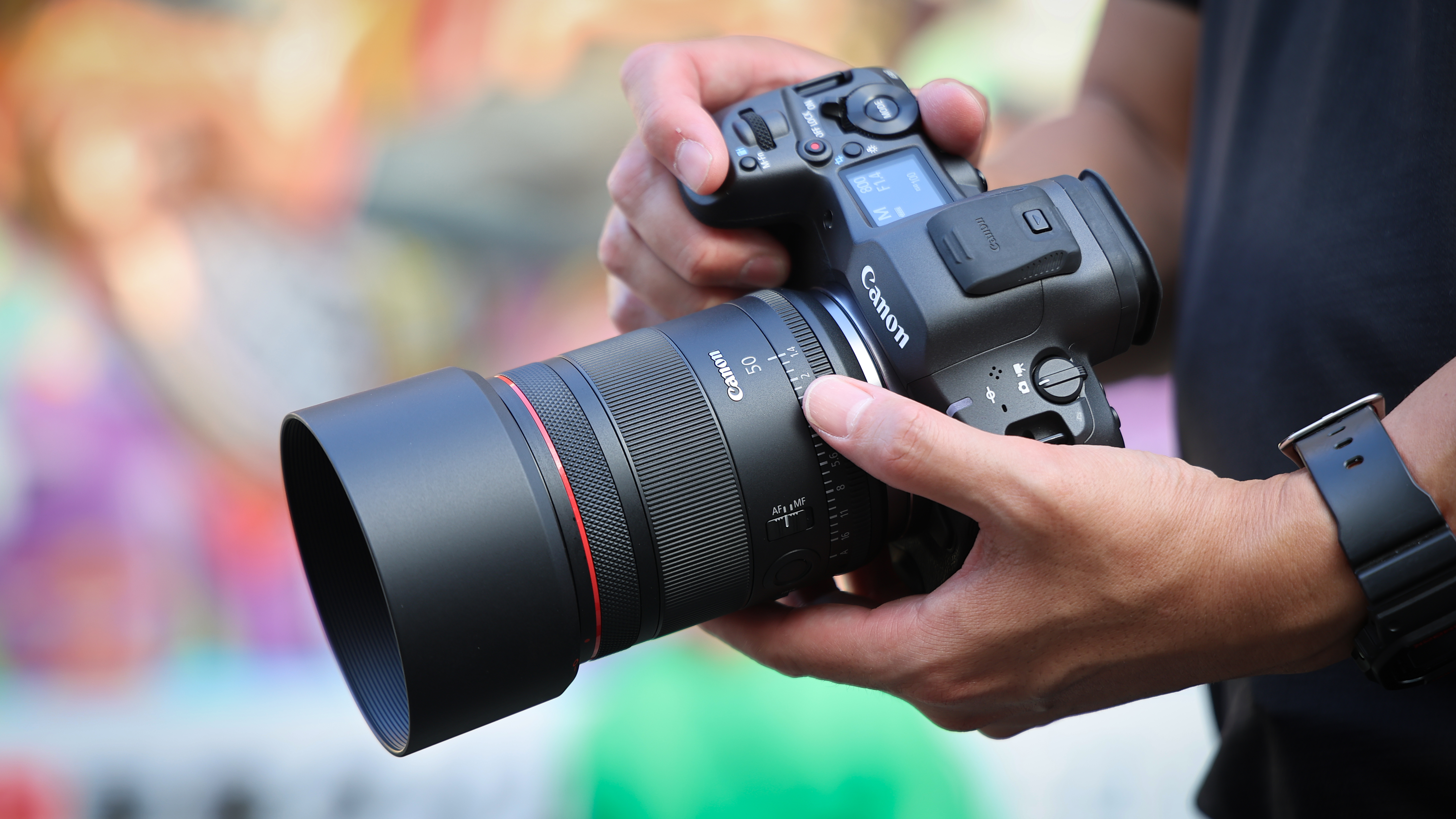
Canon has announced the two latest primes in its range of hybrid L series lenses: the Canon RF 24mm f/1.4L VCM and the Canon RF 50mm f/1.4L VCM.
They join two existing lenses in the lineup, the RF 35mm f/1.4L VCM and RF 24-105mm f/2.8L IS USM Z, along with a brand new zoom lens that has also just been announced: the Canon RF 70-200mm f/2.8L IS USM Z.
First of all, if you're asking what is a hybrid lens, in Canon terms it's a lens that takes key aspects from the company's photographic, broadcast and cinema optics.
That means features such as a control ring, autofocus support, image correction, parfocal focus, minimal breathing, stepless iris (aperture) ring, servo control and virtual production compatibility.
In short, these lenses are ideal for high-end hybrid shooters who capture both stills and video.
The new RF 24mm and 50mm f/1.4L lenses share the same physical dimensions as the RF 35mm f/1.4L, measuring 99.3mm in length and possessing the same 67mm filter thread. They also share a broadly similar weight, with the 24mm coming in at 515g and the 50mm at 580g (and the 35mm at 555g).
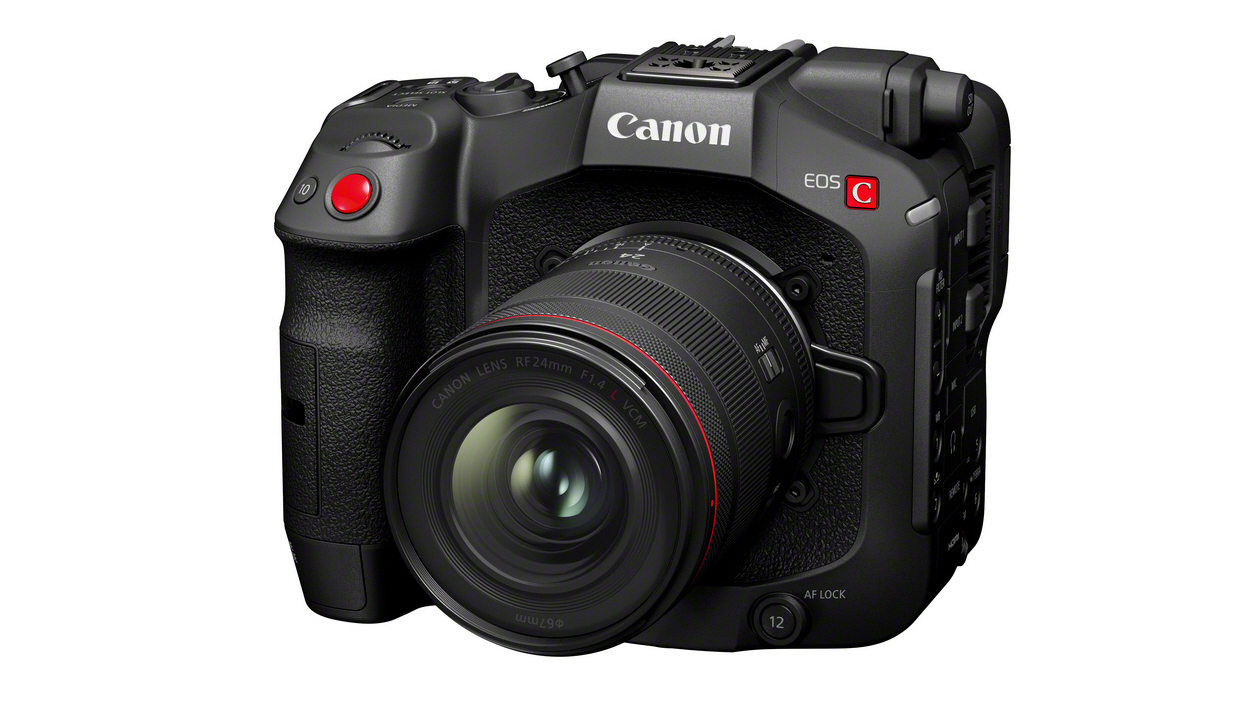
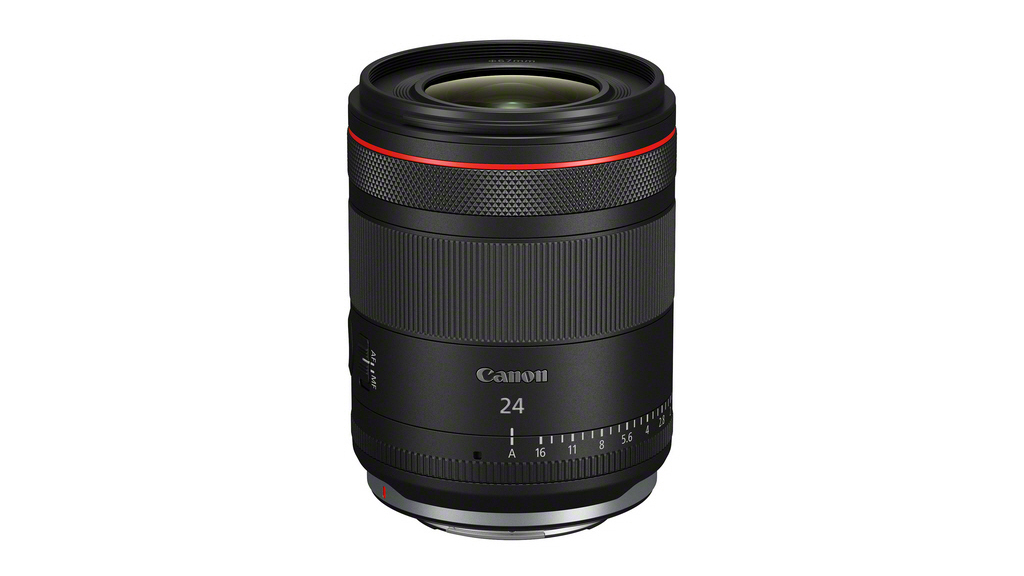
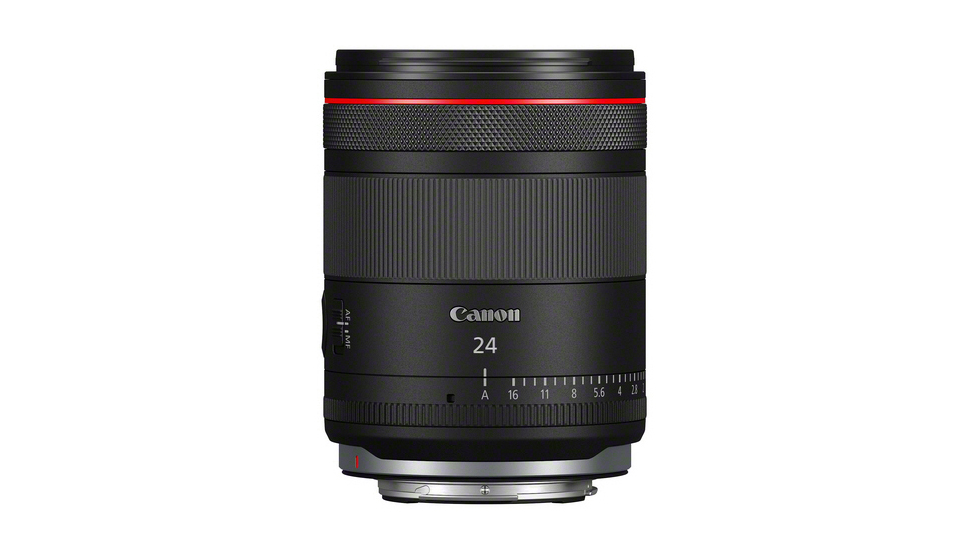
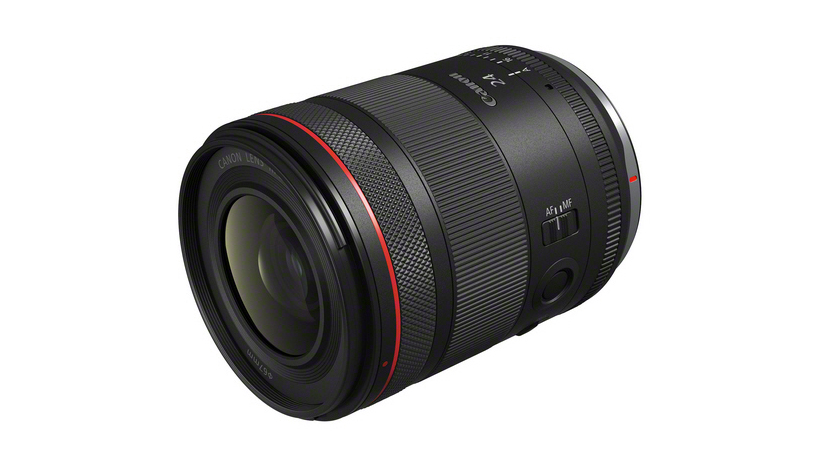
Not only is this convenient for photographers, particularly anyone who uses lens filters, it's also a must for videographers – as the three lenses will be easily interchangeable with gimbals and cages.
Beyond their size, both lenses share very similar workings. They feature an 11-blade aperture, combination VCM and Nano USM motors, weather sealing, and Super Spectra and ASC coatings on the front element. The 24mm adds to this an SWC coating as well as a rear filter holder.
While it's generally a good thing that the new lenses share so much in common with the RF 35mm f/1.4L – which is one of the best Canon RF lenses you can buy – they also share another more annoying commonality.
The aperture ring is designed for video use, and only works for photos on Canon's 2024 cameras: the EOS R1 and R5 Mark II (though Canon tells me that it's hopeful that firmware might bring compatibility to other cameras in the future).
Still, my hopes are high for these two primes – and my colleague Dan Mold has already used them, so check out his hands-on RF 24mm f/1.4L review along with his RF 50mm f/1.4L review. Both lenses are available to preorder now at a price of £1,819 in the UK and will be available only from December in Australia for AU$2,699 and AU$2,429 respectively (US pricing to be confirmed).
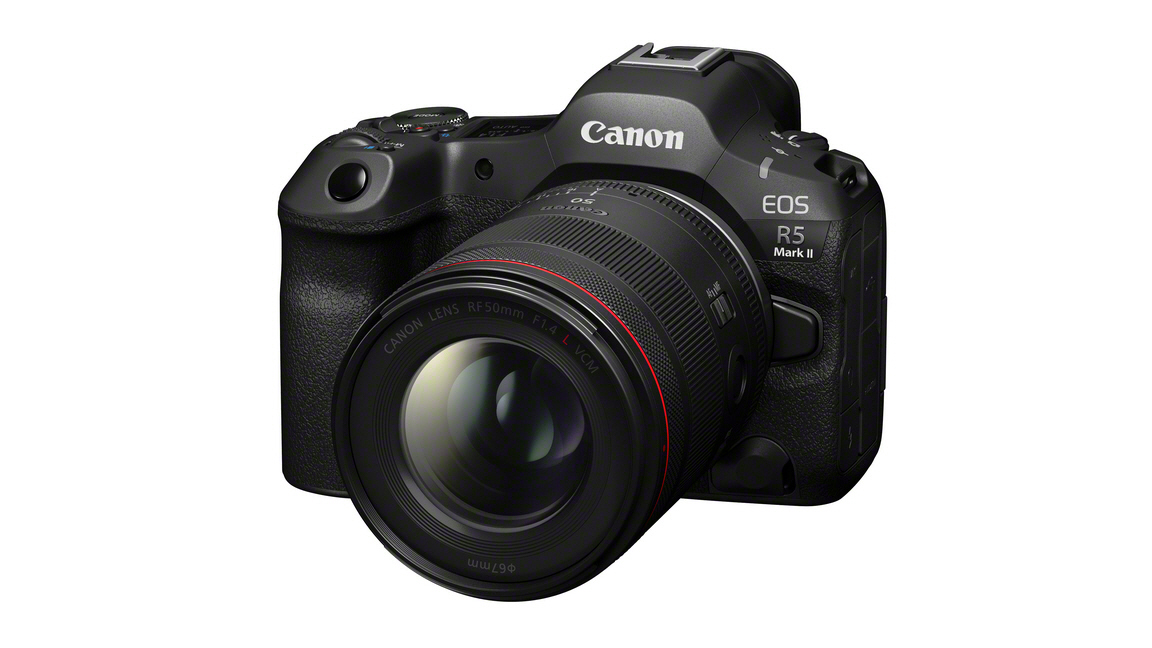
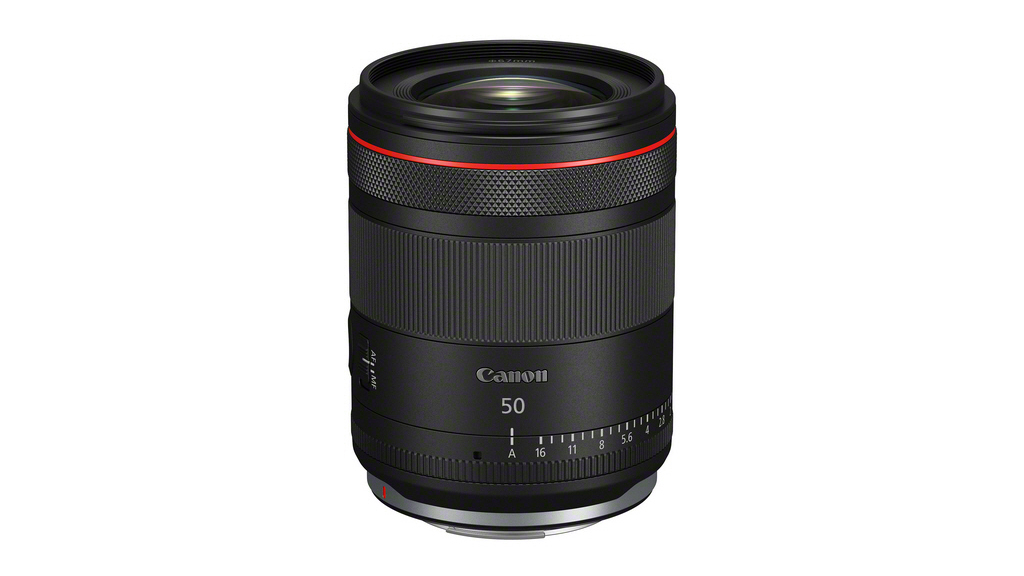
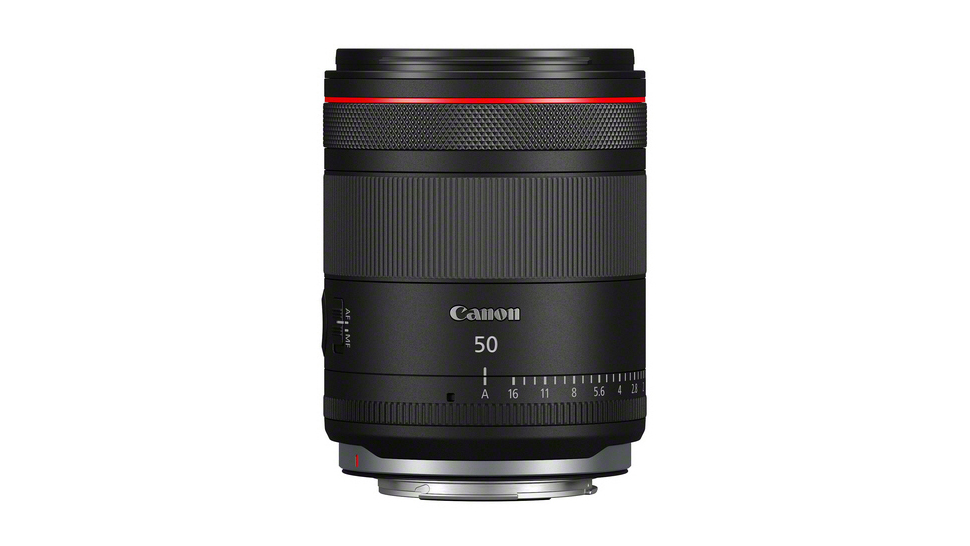
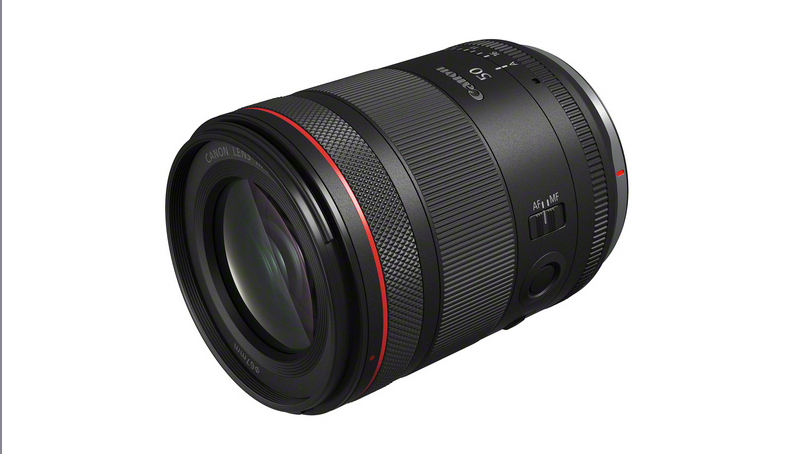
If these lenses have taken your interest, check out the best cine lenses along with the best anamorphic lenses.







